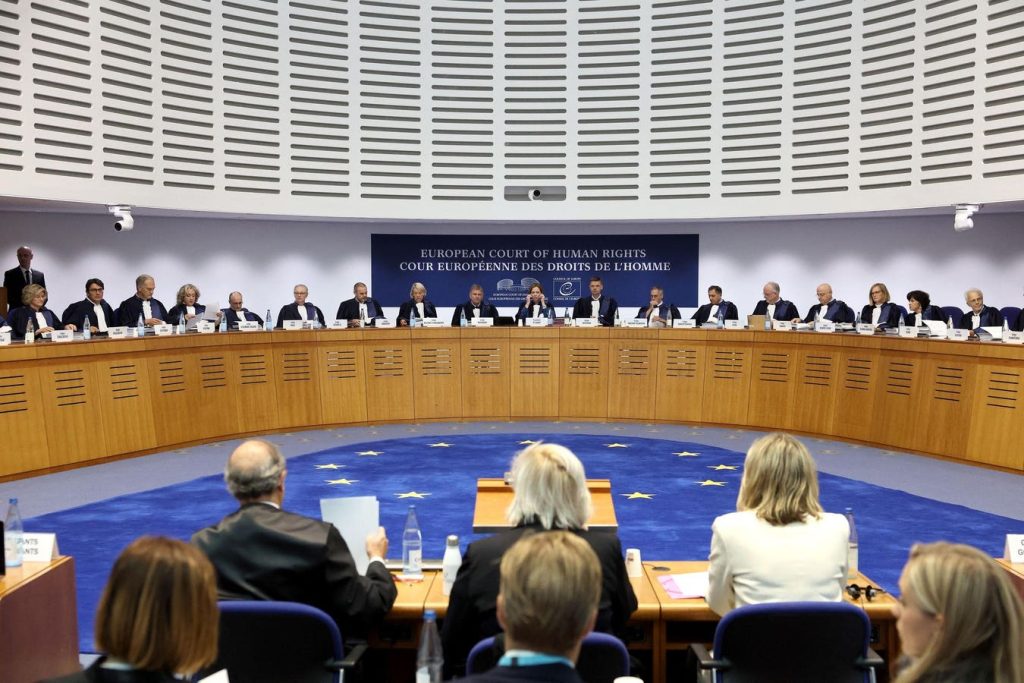The European Court of Human Rights is set to announce their opinion in a groundbreaking climate case on April 9 that could hold European Union member states accountable for the impact of climate change. The case, Duarte Agostinho and Others v. Portugal and 32 Others, was brought by six Portuguese nationals who allege that 33 Signatory States to the Paris Agreement failed to comply with their commitments to limit the impacts of climate change. The plaintiffs are seeking to enforce the Paris Agreement through the European Convention on Human Rights, pointing to various articles regarding human rights and discrimination.
The Paris Agreement, adopted at the COP21 in 2015, aims to limit global warming to 1.5°C by reducing greenhouse gas emissions. While legally binding, the enforcement of these obligations has not been fully tested. In March 2023, the United Nations General Assembly requested the International Court of Justice to issue an advisory opinion on the legal obligations of countries in preventing climate change. This opinion will provide guidance for future climate-related litigation and legislative development, though it is not expected to be released until 2025.
The case Agostinho v. Portugal is the focus of the upcoming public hearing at the ECHR. The plaintiffs have raised concerns about the present and future effects of climate change, such as heatwaves, wildfires, and their impacts on health and homes. Another case, Carême v. France, highlights the complaint by a former mayor regarding France’s alleged failure to prevent global warming, leading to violations of the right to life and respect for private and family life. This case only references Articles 2 and 8 of the Convention and may provide insight into the potential ruling of the Portugal case.
While the plaintiffs in the climate case may face challenges in proving liability for climate change without direct legislation, the outcome of the case will have significant implications for future litigation in the EU and internationally. Successful litigation against a government typically involves stopping legislation rather than enforcing new measures. The ruling by the ECHR on April 9 will shed light on the court’s interpretation of climate-related claims and could set a precedent for future legal actions in the fight against climate change.
The 33 states named in the case, including EU members and non-EU countries, could face ramifications depending on the outcome of the ECHR ruling. The case highlights the growing trend of climate-related litigation and the increasing pressure on governments to take more decisive action to address the impacts of climate change. The ECHR’s opinion in this groundbreaking climate case will be eagerly awaited by environmental activists, policymakers, and legal experts alike.


